- South Africans paying more and more at the fuel pumps
- Jozi drivers spending over 140 additional hours in traffic every year
In the absence of a national policy that adequately deals with road funding, South Africa’s road network will continue to remain constrained with road users paying the highest price. This is according to Saied Solomons, President of the South African Road Federation. “We are currently waiting for all road stakeholders’ comments to be considered before the national Department of Transport can finalise the 2017 draft roads policy.
“In the meantime, the current funding system for maintenance and expansion of SA’s roads is not driving economic prosperity in the way it should. It does not deal with the unprecedented urbanisation we are seeing in our cities, especially in Gauteng where 40% of the country’s vehicles owners are based. South Africans are paying more and more in time due to congestion.
“With the fuel levy, many motorists are spending far more at the petrol pumps than what their fair share of road use demands. The fuel levy also cannot be used as a tool to manage congestion during peak periods. The TomTom Traffic Index showed that in Johannesburg road users are currently spending over 140 additional hours every year in traffic.
Solomons explains that ongoing increases in the fuel levy will never finance our roads sufficiently and negatively affect the poor. “Those who can afford newer fuel-efficient cars are paying less to travel exactly the same distance than those who are less well-off and drive older vehicles. The fuel levy also cannot accommodate the introduction of electric vehicles which are set to grow annually in South Africa. Finally, the fuel levy can’t identify the mass of a vehicle and therefore its wear on our roads.
“Funding allocated to road authorities in this year’s national budget is not enough to deal with backlogs in road maintenance resulting in poor quality roads which cause vehicle damage and place further strain on cash-strapped consumers.”
Solomons says that the Road Accident Fund is under severe stress. “Road accidents in 2017 cost the country R142-billion, according to the Road Traffic Management Corporation, yet much of these costs were allocated to legal fees. The Road Accident Fund also doesn’t penalise the person who caused the accident and therefore perpetuates lawless driving and road crashes. Thankfully, we are expecting changes to the Road Accident Fund policy which will address this waste of public money.”
Solomons believes that South Africa urgently needs a tariff setting mechanism that deals with congestion, manages road capacity, that considers the mass of the vehicle and the distance travelled and that positively influences driving behaviour. Road pricing should be informed by when, how much and where drivers use the roads. “South Africans will be far better off as a result,” he says.
“It is possible to develop and implement such a system in South Africa, but all stakeholders need to work together with the focus on the country’s economy. This is what the South African Road Federation together with other key stakeholders are debating in a series of Transport Forums focused on road funding.
“Public sentiment will be far easier to manage if we have a road use charging system that is cost-effective, efficient, sustainable, equitable and well administered. Charging for road use must be transparent so that everyone knows that government’s investment and road infrastructure spending is in their best interests”.
“Finalising the draft roads policy will go a long way in sorting out our road funding challenges,” he says.
Governments obtain the funds for roads mostly, although not exclusively, by way of general taxation, road user levies and charges (including the fuel levy), and other taxes. Whether or not road funds are ring-fenced, a key consideration for any government transport infrastructure policy – but specifically for roads – should be that government’s investment and road infrastructure spending be in the public interest, and that the public be confident that this is the case.
ENDS
The South African Road Federation is a not-for-profit organisation dedicated to the promotion of the road sector in South Africa. It focuses on road funding and road safety as well as training and capacity development to benefit all road stakeholders.
For media interviews, photographs and queries please contact:
The South African Road Federation media office
Alexandra van Essche
ave@worldonline.co.za
+27 (0)82 321 1167
